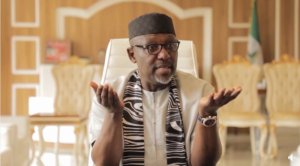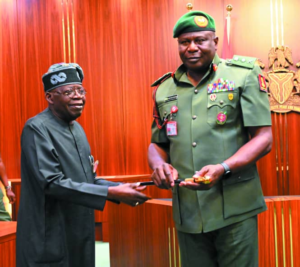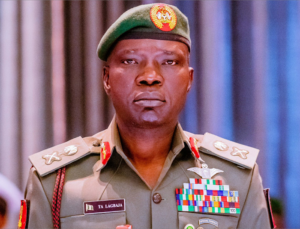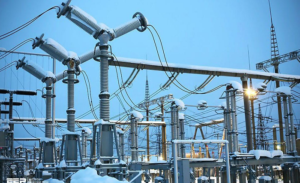
President Bola Tinubu presented the 2024 budget to the National Assembly on November 29, 2023. The budget, titled ‘Budget of Renewed Hope,’ outlines key focuses on national defense, internal security, job creation, macro-economic stability, investment environment optimization, human capital development, poverty reduction, and social security.
During his presentation, President Tinubu set the oil price at $77.96 and the Naira at N750/$1. The proposed budget is N27.5 trillion, with non-debt recurrent expenditure at 9.92 trillion Naira, debt service projected at 8.25 trillion Naira, and capital expenditure at 8.7 trillion Naira. The President emphasized Nigeria’s commitment to meeting its debt obligations, projecting debt service at 45% of the expected total revenue.
He said, “Distinguished members of the National Assembly, the revised 2024-2026 Medium Term Expenditure Framework (MTEF) and Fiscal Strategy Paper (FSP) sets out the parameters for the 2024 Budget.
“After a careful review of developments in the world oil market and domestic conditions, we have adopted a conservative oil price benchmark of 77.96 US Dollars per barrel and daily oil production estimate of 1.78 million barrels per day. We have also adopted a Naira to US Dollar exchange rate of 750 naira per US Dollar for 2024.
“Accordingly, an aggregate expenditure of 27.5 trillion naira is proposed for the Federal Government in 2024, of which the non-debt recurrent expenditure is 9.92 trillion naira while debt service is projected to be 8.25 trillion naira and capital expenditure is 8.7 trillion naira.”
President Tinubu highlighted the overhaul of the nation’s internal security architecture to enhance law enforcement capabilities, safeguard lives, property, and investments. The budget prioritizes human capital development, particularly focusing on children as a critical resource for national development. To address issues in the education sector, a sustainable model of funding tertiary education, including the Student Loan Scheme, is set to become operational by January 2024.
In terms of the economy, the President emphasized the importance of a stable macro-economic environment for catalyzing private investment and accelerating economic growth. The budget anticipates a minimum of 3.76 percent economic growth, with inflation expected to moderate to 21.4 percent in 2024.
President Tinubu also underscored the commitment to a greener future, allocating resources to support innovative and environmentally conscious initiatives. Public-private partnerships will be leveraged for big-ticket infrastructure projects in energy, transportation, and other sectors, promoting a diverse energy mix and fostering renewable energy sources.
Addressing COP28, the President directed relevant government agencies to secure substantial funding commitments for Nigeria’s energy transition, seeking international partnerships and investments aligned with national goals. The goal is to position Nigeria as a regional leader in the global movement towards clean and sustainable energy.
President Tinubu commended the 10th National Assembly for collaborating with the Executive on the mission to renew hope for Nigerians. He urged a legislative review process that ensures a predictable January-December fiscal year, focusing on projects with equitable benefits and alignment with the administration’s vision.
His words: “As you consider the 2024 Budget estimates, we trust that the legislative review process will be conducted with a view to sustaining our desired return to a predictable January-December fiscal year. I have no doubt that you will be guided by the interest of all Nigerians.
“We must ensure that only projects and programs with equitable benefits are allowed into the 2024 Budget. Additionally, only projects and programs that are in line with the sectoral mandates of MDAs and those which are capable of realizing the vision of our administration should be included in the budget”.






Be First to Comment